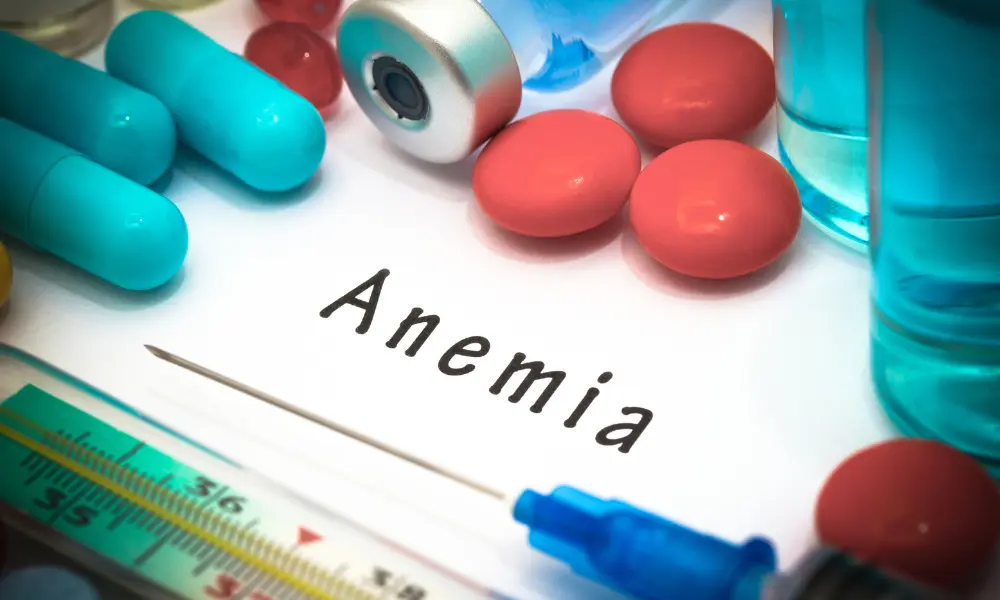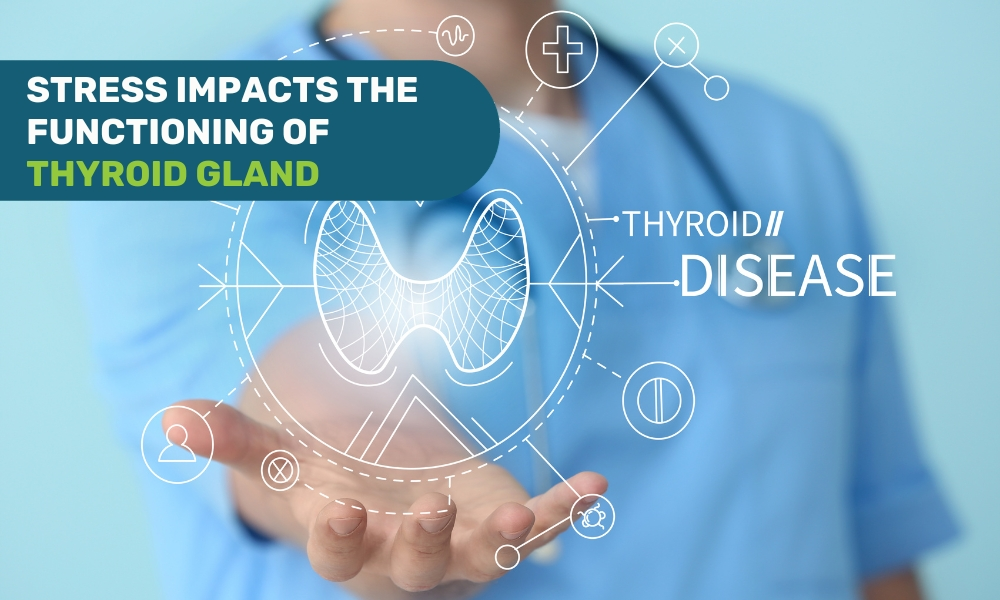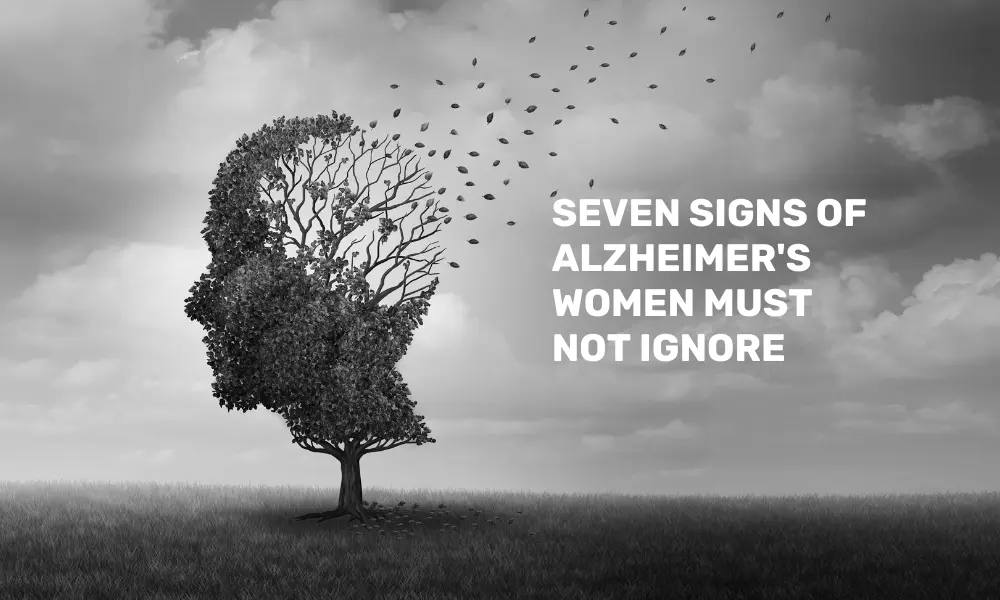Anemia nowadays is becoming a common illness, especially in women. It is characterized by fatigue, skin pallor, shortness of breath, light-headedness, dizziness, or a fast heartbeat. Anemia happens when the number of red blood cells in the body decreases.
Understanding what causes the condition allows for targeted interventions, making it possible to effectively manage and often reverse Anemia. While iron deficiency is one of the driving causes, there are other lesser-known causes that can trigger Anemia.
Seven lesser-known causes of Anemia
-
Vitamin B-12 and folate deficiency:
Vitamin B-12 and folate help to produce healthy red blood cells. Lack of these nutrients can result in low red blood cell count or growth of large, abnormally shaped cells that are ineffective in transporting oxygen.
-
Excessive menstrual bleeding:
Heavy menstrual bleeding, or menorrhagia, from hormonal imbalances or uterine abnormalities, can result in Anemia if it occurs persistently. Switch to a healthier lifestyle and keep a close eye on your blood levels, especially during periods.
-
Frequent pregnancies:
Frequent pregnancies can contribute to Anemia because pregnancy requires extra iron and nutrients to support fetal growth and increased blood volume. Back-to-back pregnancies can further strain the body, especially with blood loss during childbirth.
-
Overindulgence in alcohol:
Excessive alcohol consumption can lead to Anemia by affecting the production of healthy blood cells and leading to premature destruction of red blood cells. Avoiding alcohol and social settings that encourage drinking can help mitigate the risk.
-
Exposure to pollution and chronic inflammation:
Another potential contributing factor to Anemia is air pollution exposure, particularly PM 2.5, which has been shown to increase systemic inflammation, reduce iron absorption, and affect red blood cell formation in the bone marrow.
-
Parasitic infections:
Parasitic infections such as malaria, ascariasis, ancylostomiasis, and others deplete iron levels in the body as the parasites feed on the host’s blood and cause inflammation, which could hinder the body’s ability to absorb nutrients.
-
Lack of diet diversity:
A limited, monotonous diet combined with high consumption of processed foods and caffeine, which inhibits iron absorption, can also lead to Anemia. To counteract this, incorporate a variety of foods: consume heme iron (animal-based) sources such as beef and poultry and non-heme (plant-based) iron sources like lentils, spinach, and beans.
Ways to Treat Anemia:
Anemia is not a permanent condition; it can be treated with cautious efforts and certain changes in one’s lifestyle, especially diet:
Foods rich in iron include:
-
Pomegranates and apples
-
Red meat, pork, and poultry
-
Seafood
-
Beans and peas
-
Dark green leafy vegetables, such as spinach
-
Dried fruit, such as raisins and apricots
-
Iron-fortified cereals, breads and pasta
-
Back sesame seeds
-
Neem
Treating the underlying cause: If Anemia is caused by medicines or another health condition, you may need to change your treatment.
Taking iron supplements: Iron supplements, according to doctor’s guidance, can be taken over a period to increase iron levels in the blood.
Managing stress: Stress can worsen anemia symptoms. Therefore, managing stress is important while treating anemia. Try healthy stress management techniques like journaling, reading, or going for walks.
Anemia can make life uncomfortable; however, with proper care and effort, it can be overcome.




